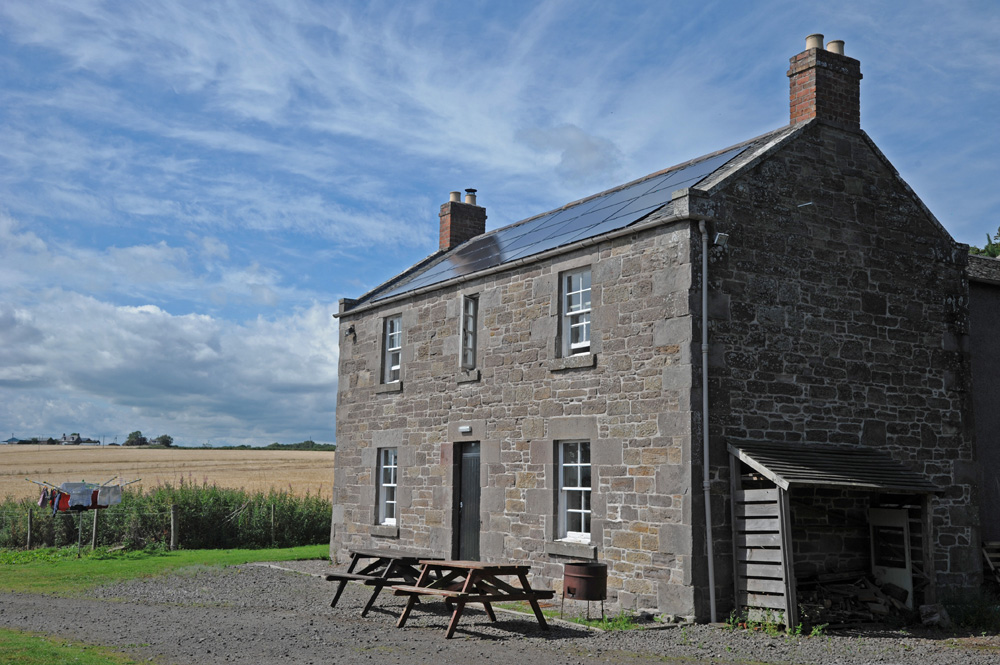
In excess of 200MW of solar has been installed in Scotland across more than 50,000 installations. Image: STA Scotland.
The Scottish government has been urged to throw its weight behind the country’s solar industry after what WWF Scotland labelled a “landmark year” for renewables.
Throughout the course of 2016 WWF Scotland said the country’s renewables industries set a number of new records and firsts, with solar enjoying a particularly fruitful year.
Scotland’s largest solar farm in Tayside came onstream, while the UK’s largest community-owned rooftop solar project was completed in Edinburgh. Those projects contributed towards Scotland’s total solar capacity, which industry body Scottish Renewables said now totalled more than 200MW spread across 50,000 separate installations.
And WWF Scotland has urged the Scottish government not to turn its back on the various renewables industries operating in Scotland, even if the UK government has done so through cuts to subsidy support.
“Following the ratification of the Paris climate agreement, we can and should go much further. Analysis has shown that a 50% renewables target for all our energy needs by 2030 is not only needed, but that it is achievable. Ministers should now make this a Scottish government target and bring in the policies needed in its forthcoming energy strategy,” Lang Banks, director at WWF Scotland, said.
Banks’ sentiment was reinforced by WWF Scotland policy director Jenny Hogan, who said that a 50% renewable energy target would enable Scotland to “build on the economic and environmental benefits” the country’s renewables industries are delivering, and called upon Scotland’s planned energy strategy to incorporate “radical changes” to current policy.
Stephanie Clark, policy manager at Scottish Renewables, said Scotland could become a “hotspot” for solar energy despite the connotation of Scottish weather with poor solar irradiation.
“It will surprise many that the electricity generation potential of a solar PV array in Scotland is very similar, if not better than, one in central or northern England or parts of Wales.
“However, recent changes to every scheme through which solar is supported have introduced a great deal of uncertainty to this promising sector. Scottish Renewables would urge governments at both Holyrood and Westminster to back solar power as a low cost, clean alternative to fossil fuel generation,” Clark added.
